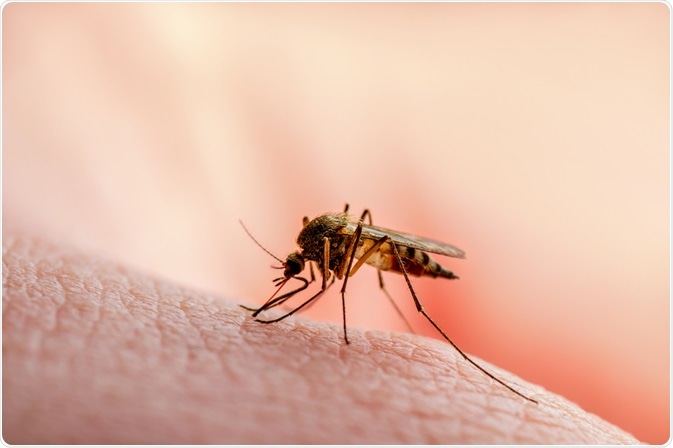

A groundbreaking study has revealed that the mass administration of ivermectin–a drug once known for treating river blindness and scabies–can significantly reduce malaria transmission when used in conjunction with bed nets.
What is Ivermectin?
Ivermectin administered to the whole population significantly reduces malaria transmission, offering new hope in the fight against the disease. The BOHEMIA trial, the largest study on ivermectin for malaria to date, showed a 26% reduction in new malaria infection on top of existing bed nets, providing strong evidence of ivermectin’s potential as a complementary tool in malaria control.

The results of this project, coordinated by the Barcelona Institute for Global Health (ISGlobal) -an institution supported by the “la Caixa” Foundation- in collaboration with the Manhica Health Research Centre (CISM) and the KEMRI-Wellcome Trust Research Programme, have been published in The New England Journal of Medicine.
Malaria, a Global Challenge
Malaria remains a global health challenge, with 263 million cases and 597,000 deaths reported in 2023. Current vector control methods, such as long-lasting insecticidal nets (LLINs) and indoor residual spraying (IRS), have become less effective due to insecticide resistance and behavioral adaptations in mosquitoes to bite outdoors and during dusk or dawn, when people are not protected by these measures.
This underscores the urgent need for innovative solutions to combat malaria.

Ivermectin, a drug traditionally used to treat neglected tropical diseases like onchocerciasis, which causes river blindness, and lymphatic filariasis, which causes elephantiasis, has been shown to reduce malaria transmission by killing the mosquitoes that feed on treated individuals.
Given the rising resistance to conventional insecticides, ivermectin could offer an effective new approach to tackle malaria transmission, especially in regions where traditional methods have become less effective.
The Unitaid-funded BOHEMIA project(Broad One Health Endectocide-based Malaria Intervention in Africa) conducted two Mass Drug Administration (MDA) trials in the high-burden malaria regions: Kwale County (Kenya) and Mopeia district (Mozambique).
Trials of Ivermectin
The trials assessed the safety and efficacy of a single monthly dose of ivermectin (400 mcg/kg) given for three consecutive months at the start of the rainy season in reducing malaria transmission.
In Kenya, the intervention targeted children aged 5-15, while in Mozambique it focused on children under five.
In Kwale County, Kenya, children who received ivermectin experienced a 26% reduction in malaria infection incidence compared to those who received albendazole, the control drug used in the study.
The trial involved over 20,000 participants and more than 56,000 treatments, demonstrating that ivermectin significantly reduced malaria infection rates — particularly among children living further from cluster borders or in areas where drug distribution was more efficient.
Moreover, the safety profile of ivermectin was favourable, with no severe drug-related adverse events and only mild, transient side effects already seen with ivermectin in campaigns against neglected tropical diseases.
The study is part of a larger global effort to assess the potential of ivermectin in malaria control. The findings have been reviewed by the WHO vector control advisory group, which concluded that the study had demonstrated impact and recommended further studies.
